How Injuries Affect Athletes’ Mental Health
Sometimes, the upward trajectory of an athletic career is cut short by a devastating injury that leaves more than just physical damage. A career-ending sports injury not only abruptly ends an athlete’s dream, but it often causes feelings of loss, grief, and uncertainty about the future.
At the Nebraska Greats Foundation, we know how profound the psychological impact of career-ending sports injuries can be. We’ll discuss the link between sports injuries and mental health, how athletes process serious injuries emotionally, and why mental health services are critical as athletes transition out of sports.
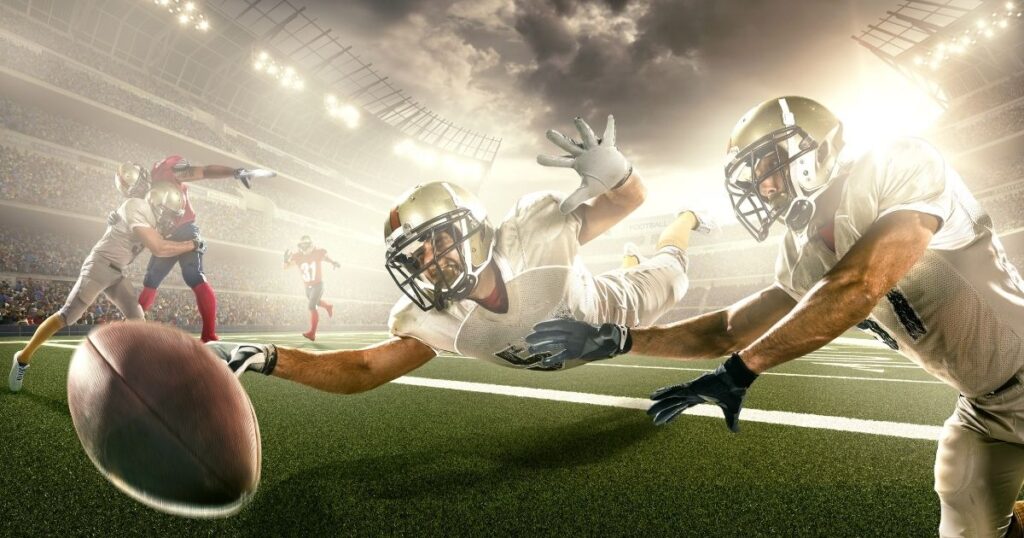
The Nebraska Greats Foundation
The Nebraska Greats Foundation is a non-profit organization that helps former Nebraska college athletes facing financial and medical hardships. Jerry Murtaugh, a former Nebraska football player, was inspired to establish the foundation after learning of two former athletes who struggled to pay their medical bills.
Since the foundation’s creation, we have assisted more than 50 letter-winning Nebraska college athletes who have needed our help. We have awarded over $1 million in grants to our recipients to cover medical expenses, including mental health services for those who have suffered career-ending injuries. We’re there to support our injured athletes in overcoming physical and emotional challenges as they adjust to life after sports.
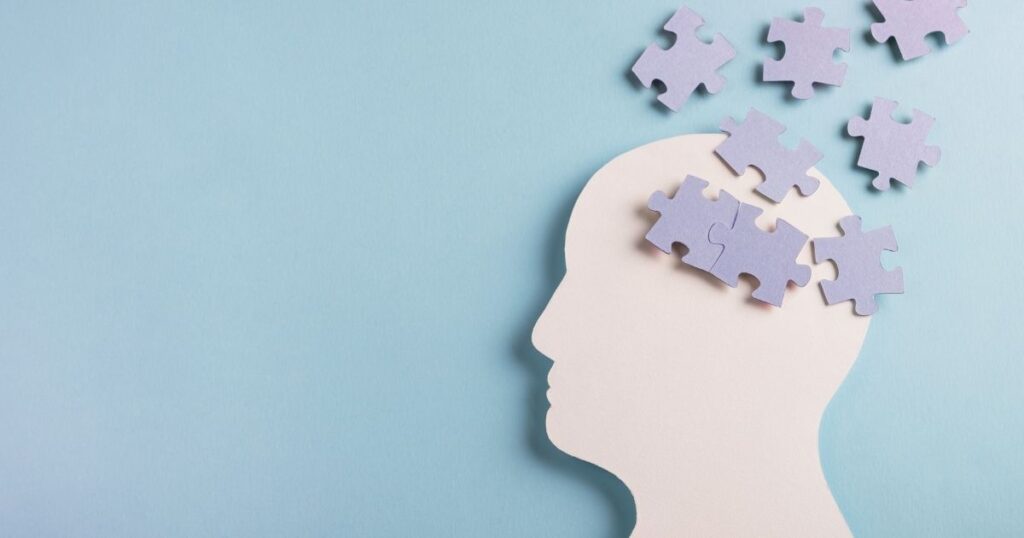
How Do Injuries Affect Athletes’ Mental Health?
When an injury strikes, the focus has traditionally been on the athlete’s physical health and recovery. Mental health has been secondary or overlooked entirely. However, sports medicine is changing this approach.
Today’s sports psychologists understand that athletes’ mental and physical well-being are closely connected. They recognize that the end of a sports career due to injury is a difficult time for the athlete, who may feel a whirlwind of emotions such as:
- Denial of the injury’s seriousness
- Anger at the injustice of the situation
- Mourning over the loss of their dream
- Anxiety about their future
Injured athletes’ mental health needs change over time. Sports psychologists, like traditional mental health providers, are trained to provide athletes with counseling services.
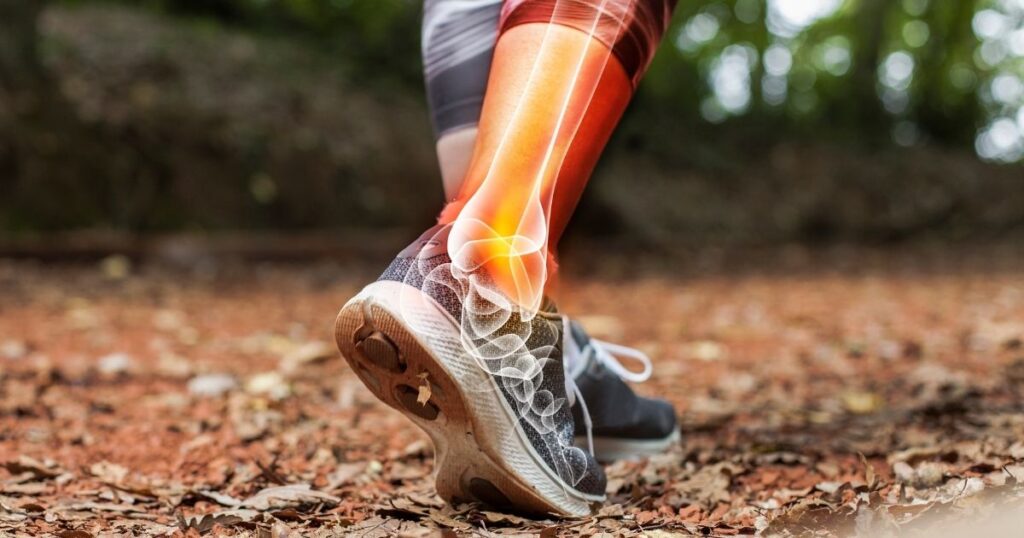
Potential Long-Term Effects of Career-Ending Injuries
After the initial shock of a career-ending injury wears off, an athlete faces a different set of emotional and psychological challenges. They may struggle in the following areas:
- Identity Crisis and Loss of Purpose: Athletes whose careers end abruptly often struggle with losing identity, purpose, and direction as their sport, a core part of their life, is suddenly removed.
- Depression and Anxiety: Injuries can increase the risk of depression and anxiety in athletes, along with physical symptoms like insomnia and muscle tension.
- Social Isolation and Loneliness: Forced out of their sport due to injury, athletes may feel isolated from their community and support network, compounded by feelings of shame and inadequacy.
- Grief and Loss: Athletes suffering major injuries may experience stages of grief, and if these emotions aren’t properly processed, they can lead to unresolved trauma and long-term psychological issues.
- Difficulty with Transition and Adjustment: After career-ending injuries, athletes may struggle to find new, fulfilling careers or face financial difficulties due to a lack of planning or transferable skills.
- Unhealthy Coping Mechanisms: As they navigate adapting to life after sports, former athletes are at an increased risk of adopting unhealthy coping mechanisms such as substance abuse, social isolation, and self-destructive behaviors.
Recognizing signs of these challenges and supporting athletes in post-sports life is important for their well-being. Access to mental health resources is necessary for an injured athlete making this difficult adjustment.
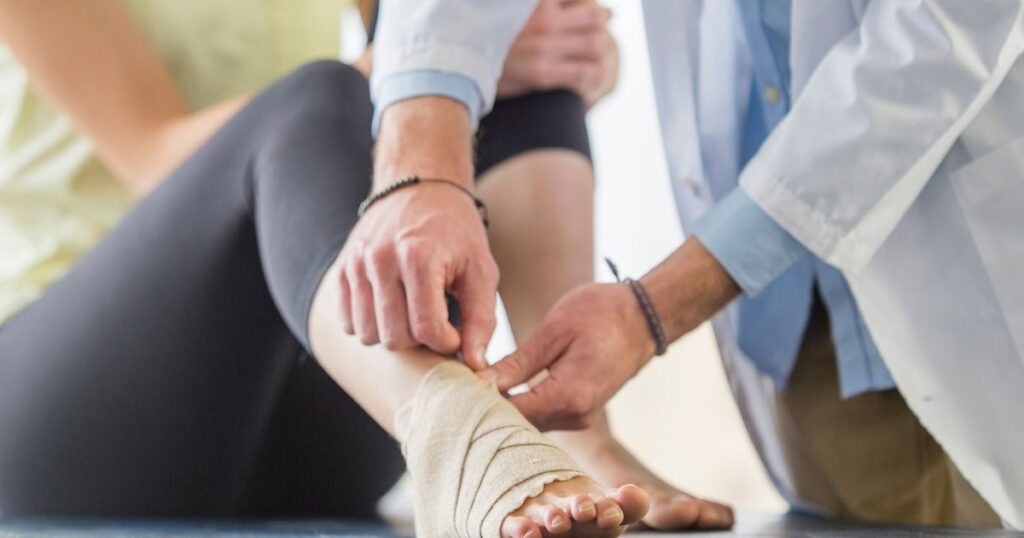
Seeking Help for Coping and Recovery
Recovery from a career-ending injury involves more than just physical healing; it also requires addressing mental health needs. Improving an athlete’s mental health once their days of competition are over takes a multi-layered approach.
Sports Psychology Professionals
Athletes should start by seeking professional help from sports psychologists or therapists specializing in sports injuries and their impact on mental health. These specialists can provide the tools and strategies athletes need to process their emotions, cope with the loss of their sport, and rebuild their lives.
Social Network
Social support is important at the end of an athlete’s career. Surrounding themselves with family, friends, and former teammates can provide a sense of belonging and continuity, reminding athletes that they are not alone. Building a strong support network can help them navigate the challenges ahead and discover new sources of purpose and fulfillment.
New Interests
Former athletes are more than who they were on the playing field–they’re complex and nuanced individuals with various skills and talents. The end of sports competition allows them to explore new interests, set new goals, or find new and creative ways to stay connected to the sports community. Discovering purpose, identity, and enjoyment outside of athletics is key to embracing a fulfilling life after a sports career.

How the Nebraska Greats Foundation Has Helped
Whenever one of our athletes is injured, the Nebraska Greats Foundation hopes to help them return to competition. But when an injury forces an athlete to leave sports behind, we’re there to assist them through the transition to post-sports life.
After a serious car accident in Utah ended Gerald Morris’ football career in 2021, he faced spinal surgery, hospitalization, and rehabilitation. Our organization stepped in to help Morris’ family with the costs of the medical care, allowing him to prioritize recovering from his injuries and planning for a new future. Today, Morris enjoys a successful career as a marketing director and performance trainer with a Nebraska wellness and fitness services company.
Another of our grant recipients is Hannah Tillison, a Midland University soccer player who sustained multiple injuries that led to an early retirement from soccer. Tillison experienced huge stress over mounting medical bills, and we provided financial aid to offset these costs.
Tillison shares, “My medical bills have been taken care of. Thank you to the Nebraska Greats Foundation for helping me through these difficult life circumstances.”
Our grants allowed her to focus on her recovery and building a life after soccer. Tillison uses her athletic experience and knowledge in her current role as an Assistant Strength And Conditioning Coach in Oklahoma.
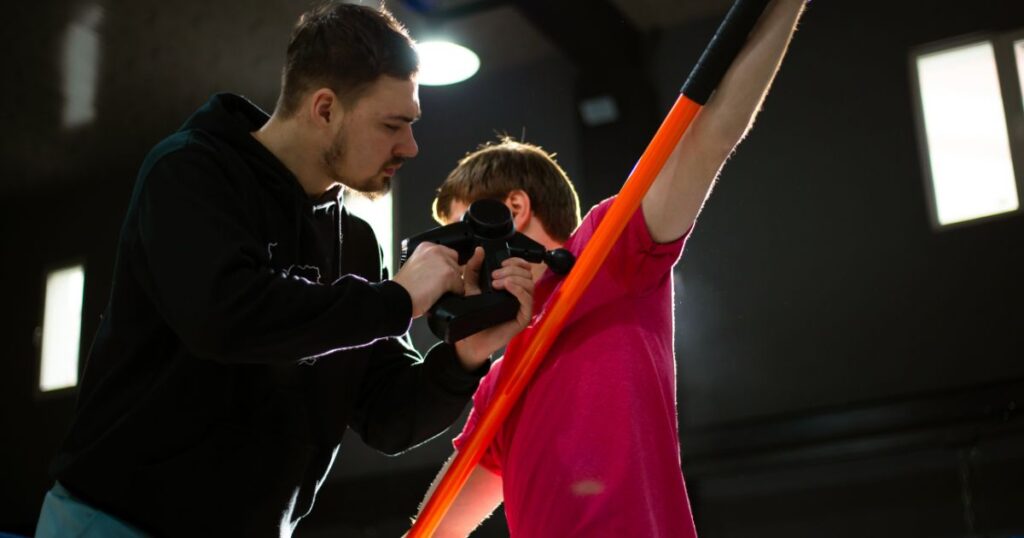
A Lifeline for Athletes in Need
If you are a current or former Nebraska collegiate athlete struggling with the physical and emotional challenges of a career-ending injury, you are not alone. The Nebraska Greats Foundation is dedicated to supporting athletes like you. We provide financial assistance for medical hardships, including those resulting from career-ending injuries.
Visit our website to learn more about our mission and how we can help. Don’t hesitate to reach out to us if you believe you qualify for assistance. We’re here to support you on your journey to recovery and a fulfilling life beyond the playing field.
If you are struggling with mental health and depression, help is readily available. Reach out to the National Suicide Prevention Lifeline at 1-800-273-TALK (1-800-273-8255) or use the Crisis Text Line by texting HOME to 741741.
